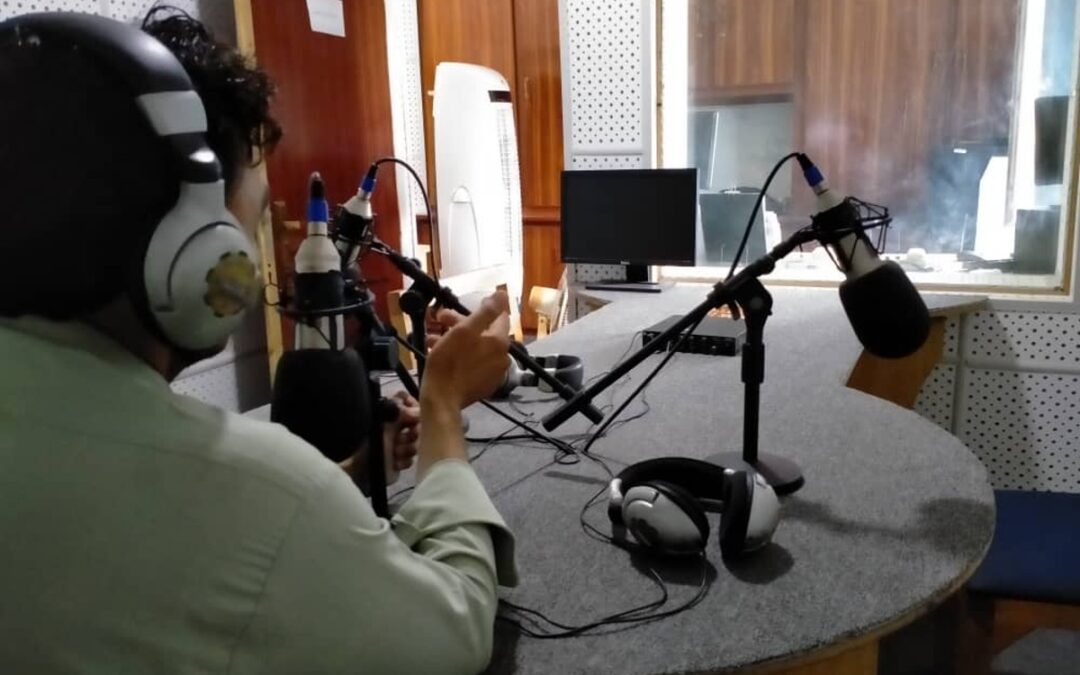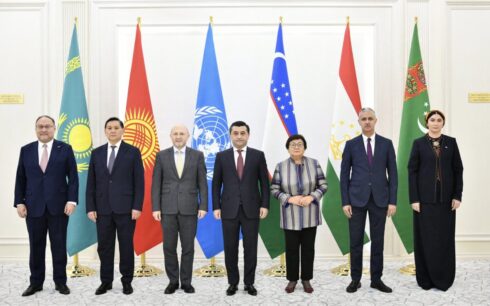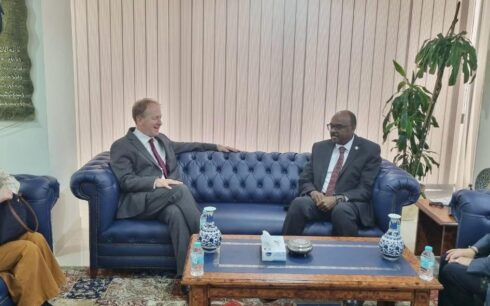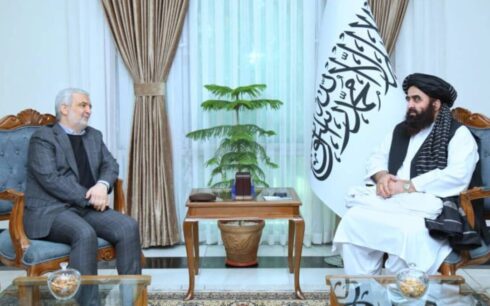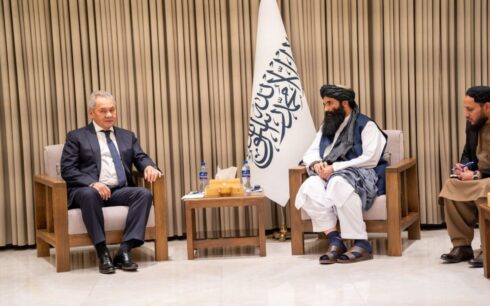KABUL/GENEVA — The United Nations in a report on Tuesday urged the Taliban to ensure the safety and freedom of journalists and media workers, citing an increasingly restrictive environment characterized by censorship, intimidation, and limited access to information.
The report released by the UN Assistance Mission in Afghanistan (UNAMA) and the UN Human Rights Office, document widespread challenges faced by the country’s media sector from August 2021 to September 2024.
“For any country, a free press is not a choice but a necessity,” said Roza Otunbayeva, the Special Representative of the Secretary-General and head of UNAMA. “Journalists and media workers in Afghanistan often face unclear rules, intimidation, and arbitrary detention for perceived criticism.”
Women in media face discrimination
The report highlighted the particularly severe restrictions faced by women in the media industry. Discriminatory policies and practices have significantly curtailed their ability to work, undermining press diversity and inclusivity.
UNAMA documented 336 cases of human rights violations against journalists and media workers during the three-year period, including 256 instances of arbitrary arrests, 130 cases of torture and ill-treatment, and 75 incidents of threats or intimidation.
Calls for compliance with international law
Volker Türk, the UN High Commissioner for Human Rights, described the findings as alarming and called on Afghanistan’s authorities to align their practices with international law, including the International Covenant on Civil and Political Rights.
“Journalists perform vital functions by informing the public, ensuring transparency, and fostering accountability,” Mr. Türk said. “Every effort must be made to ensure their safety, including that of women journalists. A free and vibrant media is essential to the health of any society.”
Erosion of Afghanistan’s media sector
The report also pointed to dwindling technical and financial support for Afghanistan’s media industry, including reduced international aid, as a factor exacerbating the challenges faced by journalists. The decline in resources has directly affected the ability of Afghans to access critical information, including on humanitarian and protection issues.
Ms. Otunbayeva emphasized the importance of global support for Afghanistan’s media sector. “Standing behind freedom of expression and public debate is instrumental for the country’s growth,” she said.
The report also calls on the Taliban to recognize the indispensable role of a free press in society and to implement measures to protect journalists, particularly women, from violence, harassment, and discrimination.

